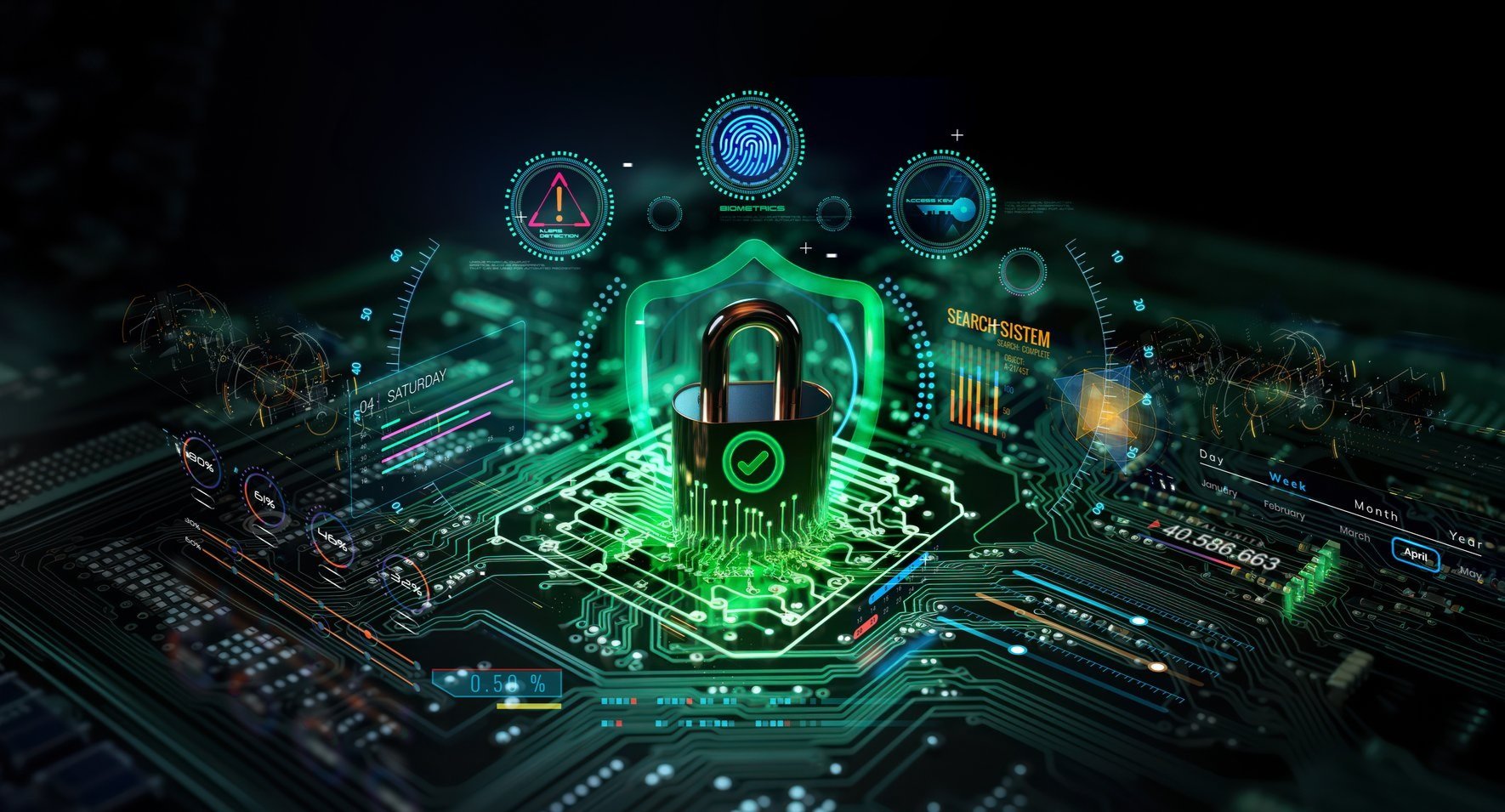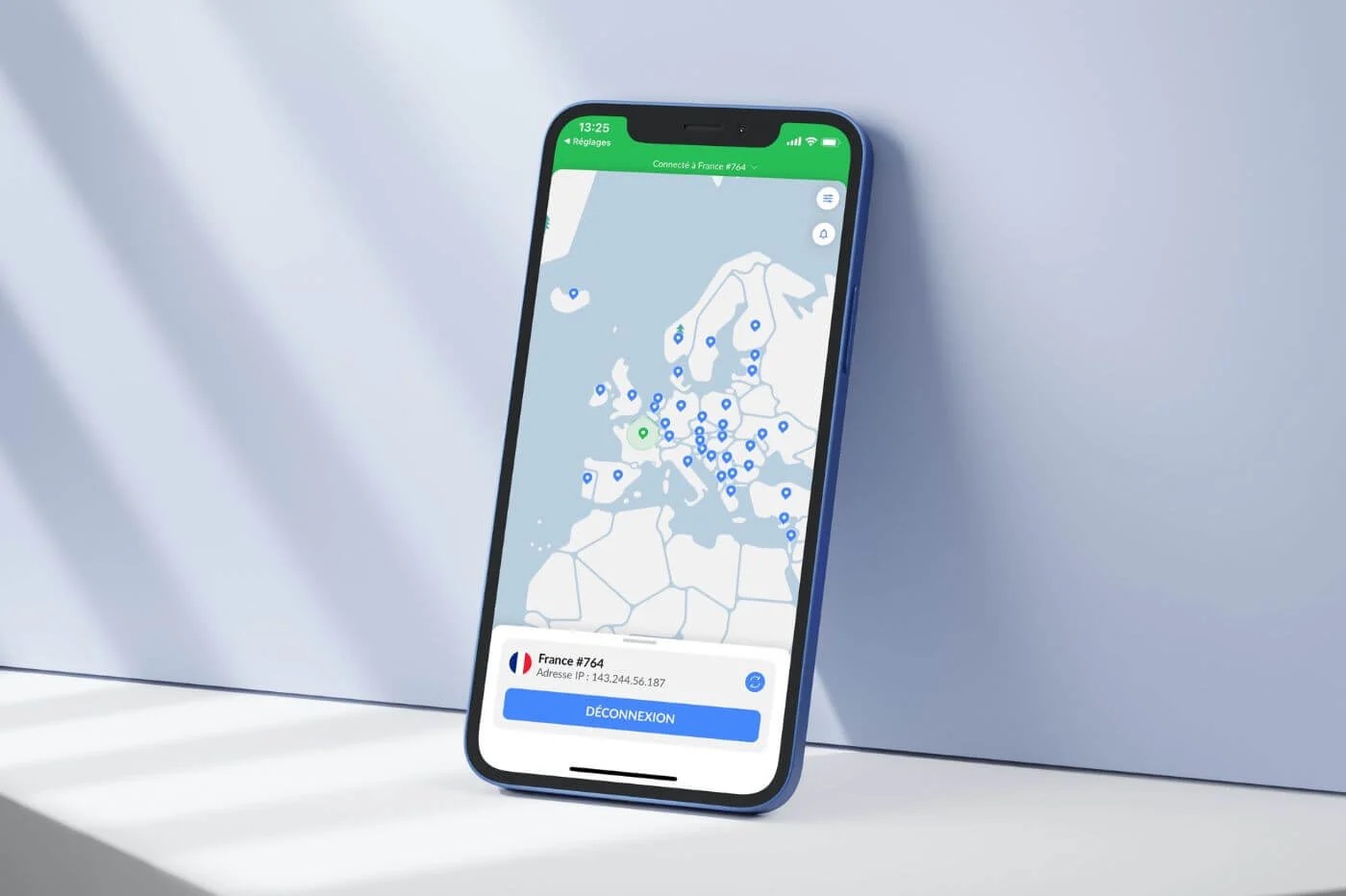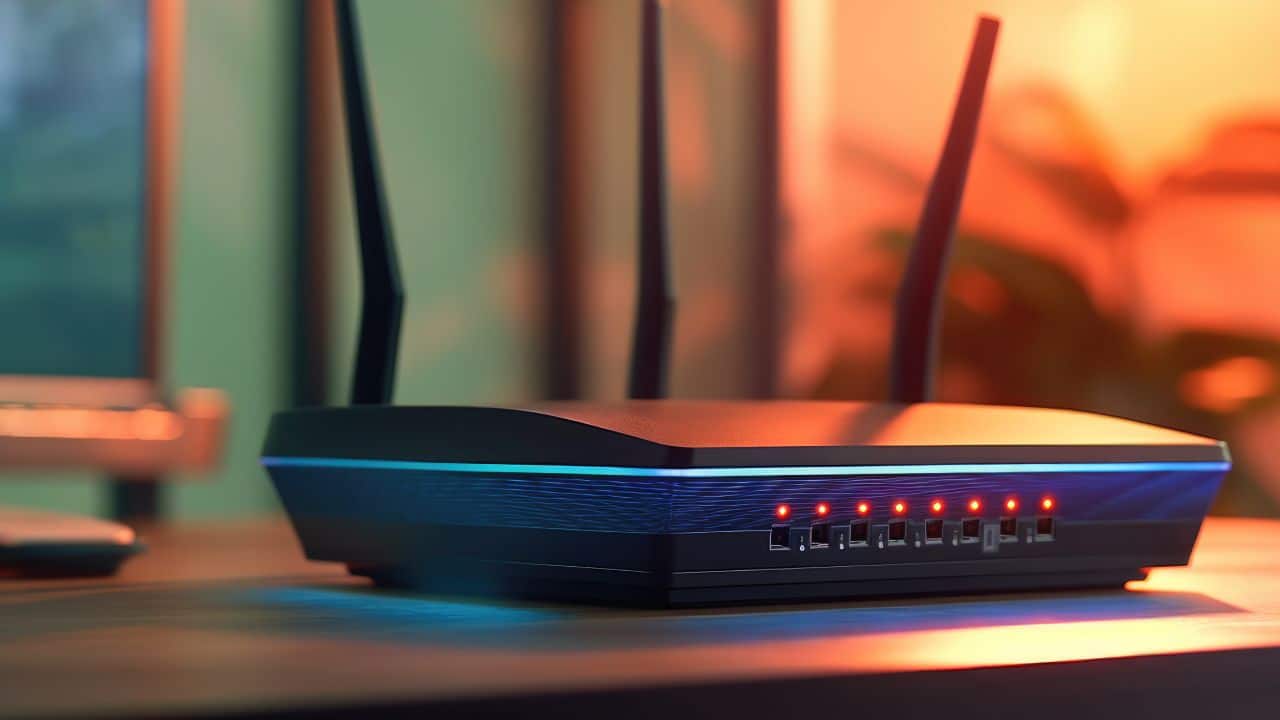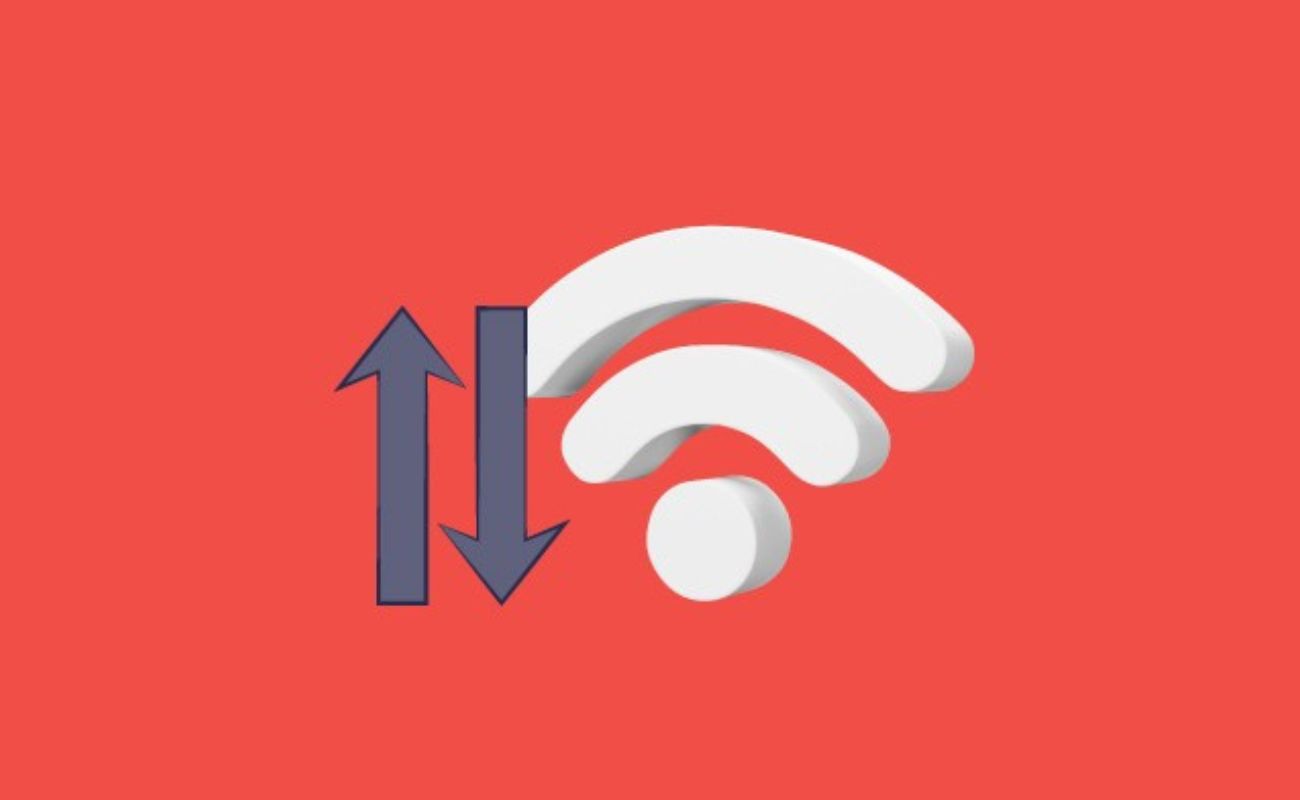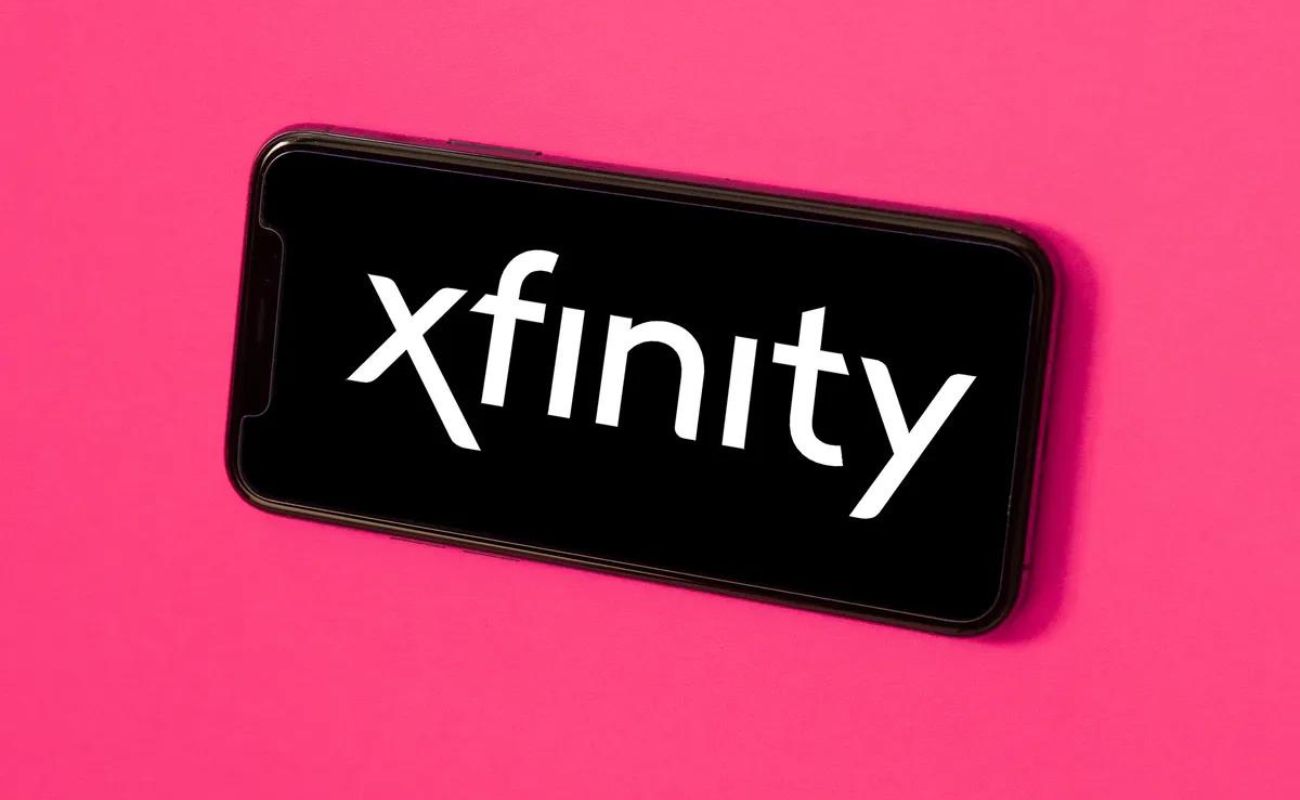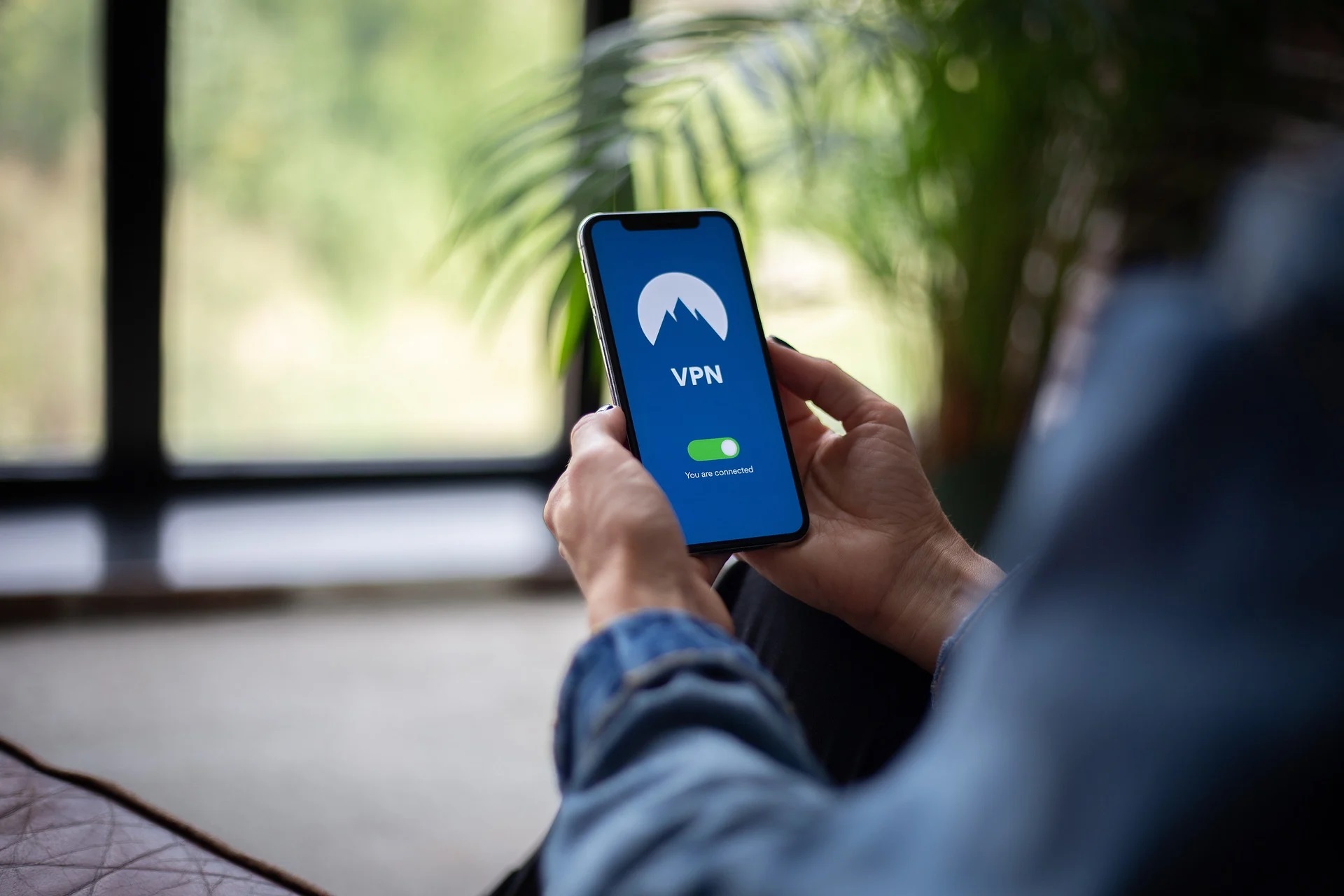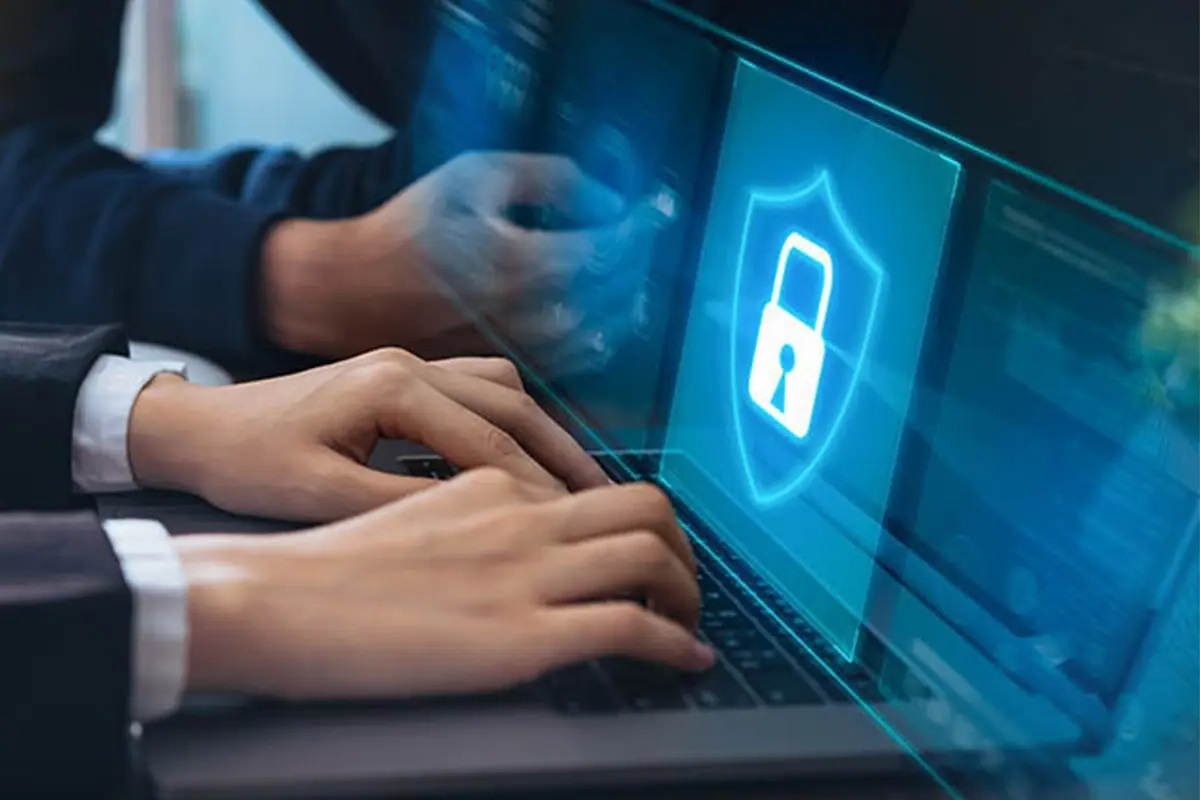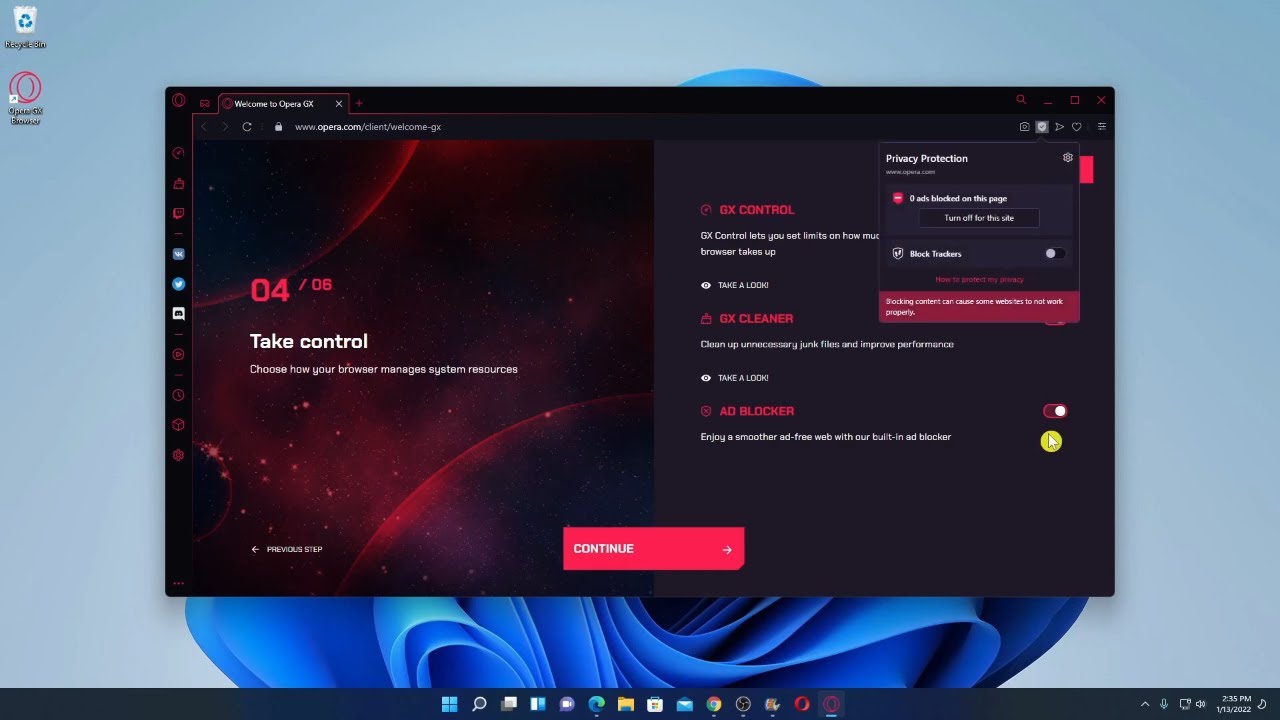Home>Software and Apps>Unlocking Data Security: Exploring iOS VPN-Enabled Tunnels


Software and Apps
Unlocking Data Security: Exploring iOS VPN-Enabled Tunnels
Modified: September 5, 2024
Explore the benefits of iOS VPN-enabled tunnels for enhanced data security. Discover top software and apps for unlocking robust protection.
(Many of the links in this article redirect to a specific reviewed product. Your purchase of these products through affiliate links helps to generate commission for Techsplurge.com, at no extra cost. Learn more)
Table of Contents
Introduction to VPNs on iOS
Maintaining data security is crucial in today's digital age. One effective tool for online privacy and security is the Virtual Private Network (VPN). However, the effectiveness of VPNs on iOS devices is not as straightforward as it seems. This article delves into the intricacies of iOS VPN-enabled tunnels, highlighting potential vulnerabilities and limitations users should be aware of.
Read more: iOS VPN: Data Leakage Enabled When?
The Problem with iOS VPNs
The primary issue with iOS VPNs is that they do not always terminate existing connections when a VPN is activated. This means that even after enabling a VPN, some of the device's traffic may still bypass the VPN tunnel and remain unencrypted. This vulnerability was first reported by security researcher Michael Horowitz and later confirmed by ProtonVPN.
Key Issues:
-
Existing Connections: When activating a VPN on an iOS device, one might expect all existing connections to be terminated and re-established within the VPN tunnel. However, this does not always happen. Some connections, such as those related to Apple's push notification service, can persist outside the VPN tunnel for extended periods.
-
Data Leak: The persistence of unencrypted connections outside the VPN tunnel poses a significant data leak risk. This is particularly concerning for users in countries with surveillance and civil rights abuses, as their IP addresses and connection details can be exposed to ISPs and other parties.
-
Apple's Role: Apple has been aware of these issues for years but has not fully addressed them. The company has not implemented a mechanism to block existing connections when a VPN is activated, leaving users vulnerable to data leaks.
How iOS Handles VPN Connections
Understanding why iOS VPNs are not functioning as expected requires delving into how iOS handles network connections and VPNs.
Network Extensions Framework
iOS provides a framework called Network Extensions, allowing developers to create and manage VPN profiles using the NETunnelProviderManager class. This framework enables configuring VPN protocols and managing tunnel details but does not guarantee that all traffic will be routed through the VPN tunnel.
Overview of VPN Profile Management:
-
VPN Profile Installation: When a user installs a VPN profile, the system prompts them to install the profile, which involves configuring the
NETunnelProviderManagerinstance. This manager is responsible for setting up the VPN protocol and managing the tunnel details. -
Tunnel Details Management: Once the VPN profile is installed, the
NETunnelProviderManagerinstance can be used to update and manage the connection status. However, this does not ensure that all existing connections are terminated and re-established within the VPN tunnel.
iOS's Built-in VPN Support
While third-party VPN apps are widely available, iOS also provides built-in support for VPNs. However, this built-in support does not address the issue of persistent unencrypted connections. Users must rely on third-party apps to ensure their data is fully encrypted and routed through the VPN tunnel.
Read more: VPN-Enabled Data Leaks: A Troubling Reality
Impact on User Privacy
The vulnerabilities in iOS VPNs have significant implications for user privacy. Here are some key points to consider:
-
Data Exposure: The persistence of unencrypted connections means that sensitive data, such as IP addresses and connection details, can be exposed to third parties. This is particularly concerning for users who rely on VPNs for anonymity and security.
-
Surveillance Risks: In countries with strict surveillance laws, the exposure of user data can lead to severe consequences. Users who rely on VPNs for security may find themselves vulnerable to government surveillance or cyber attacks.
-
Apple's Responsibility: As a major player in the tech industry, Apple has a responsibility to ensure that its operating system provides robust security features. The failure to address these VPN-related issues raises questions about Apple's commitment to user privacy.
Alternatives and Workarounds
Given the limitations of iOS VPNs, users may want to explore alternative solutions or workarounds to enhance their data security:
-
Third-Party VPN Apps: While third-party VPN apps are not perfect, they often provide better security features than the built-in iOS VPN support. Users should look for apps that have a strong reputation for security and transparency.
-
Browser Ad Blockers: Using browser ad blockers can help reduce the amount of data transmitted over the internet. iOS's built-in support for browser ad blockers is effective and does not come with the battery life hit associated with running a VPN app.
-
Network Configuration: Advanced users can configure their network settings manually to ensure that all traffic is routed through the VPN tunnel. However, this requires technical expertise and may not be practical for most users.
Recommendations for Users
-
Choose Reliable VPN Apps: Select VPN apps that have a strong reputation for security and transparency. Look for apps that have been tested for data leaks and have a clear policy on user data protection.
-
Monitor Data Usage: Regularly monitor your data usage to detect any potential data leaks. Use tools that can log and analyze network traffic to identify any unencrypted connections.
-
Stay Informed: Stay updated with the latest security research and updates from VPN providers. Participate in forums and provide feedback to Apple regarding the need for improved VPN functionality.
By understanding the intricacies of iOS VPN-enabled tunnels and taking proactive steps to enhance data security, users can better protect their online activities from potential threats.
Additional Tools and Resources
For those interested in further exploring data security and OSINT (Open-Source Intelligence) tools, several resources are available:
-
Cyber Detective's OSINT Tools Collection: This collection includes a wide variety of tools for automating tasks such as downloading videos, extracting comments, and analyzing social media data.
-
Gentoo Linux USE Flags: Gentoo Linux provides detailed documentation on USE flags, which can be used to configure the operating system for specific security requirements. For example, enabling eBPF (enhanced Berkeley Packet Filter) can enhance network security.
-
VPN Configuration Manager: Developers can use frameworks like the Network Extensions framework to create and manage VPN profiles. This can help in building custom VPN solutions that address specific security needs.
By leveraging these tools and resources, users and developers can work together to improve data security and protect online activities from potential threats.


